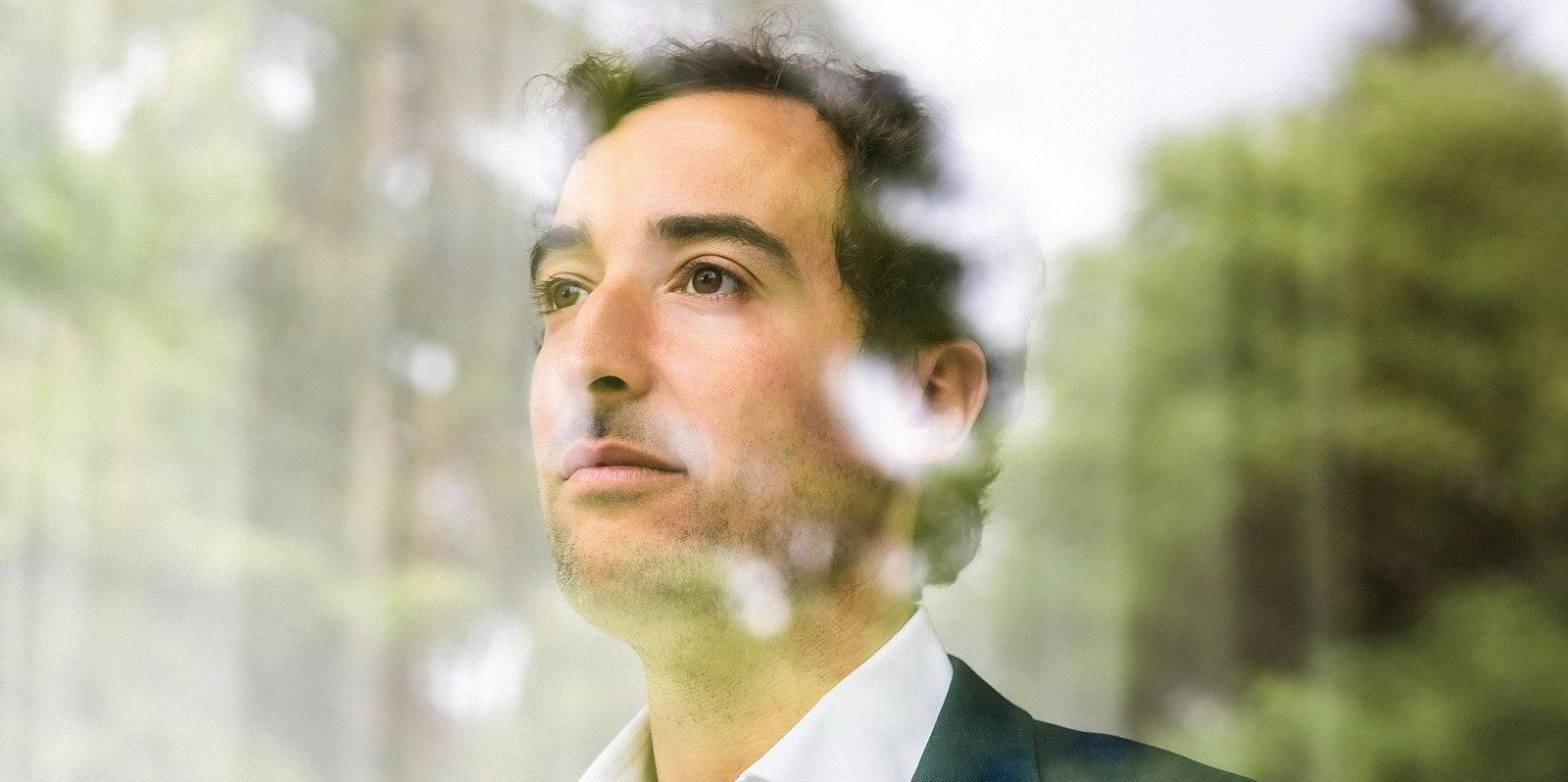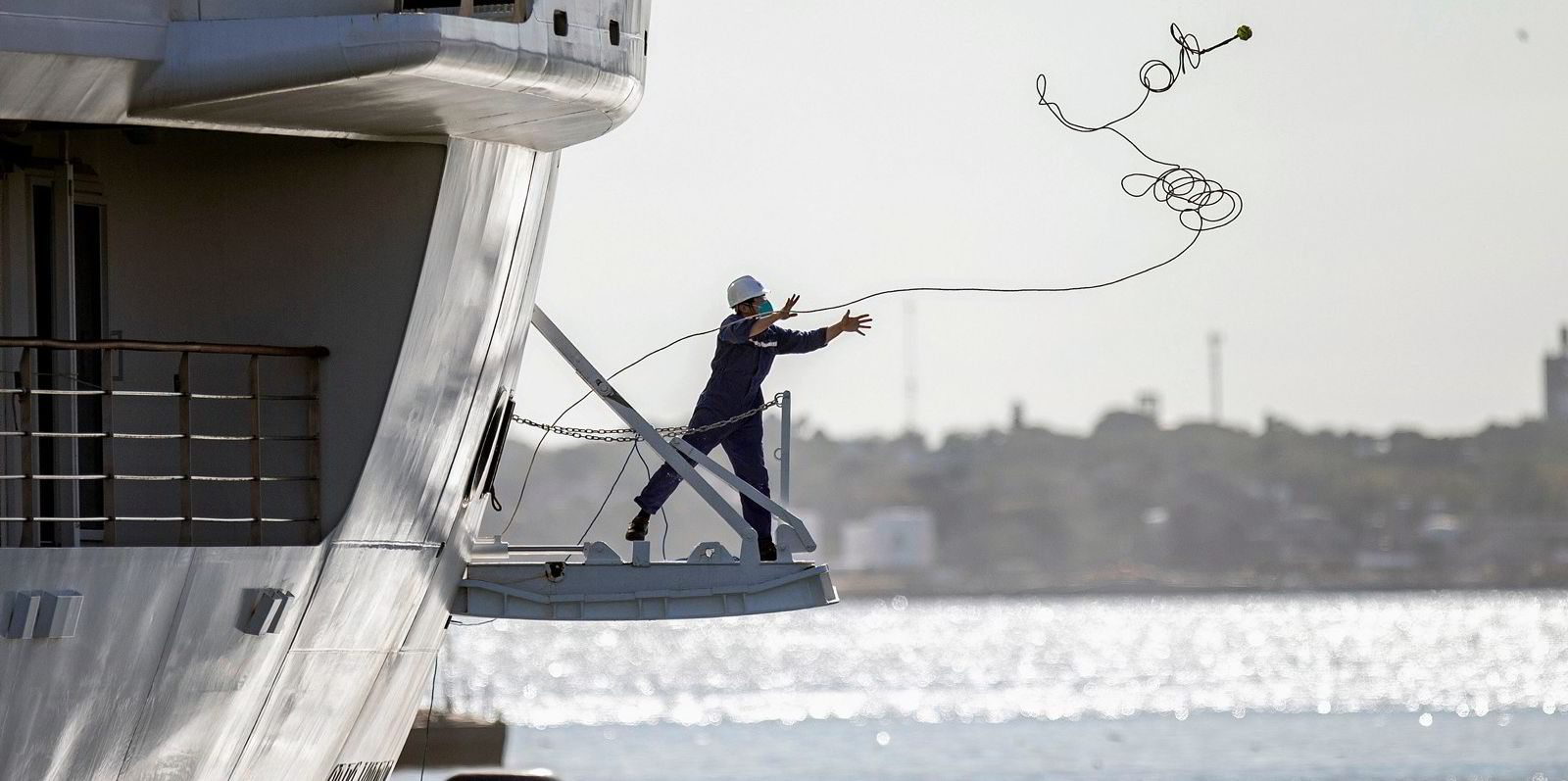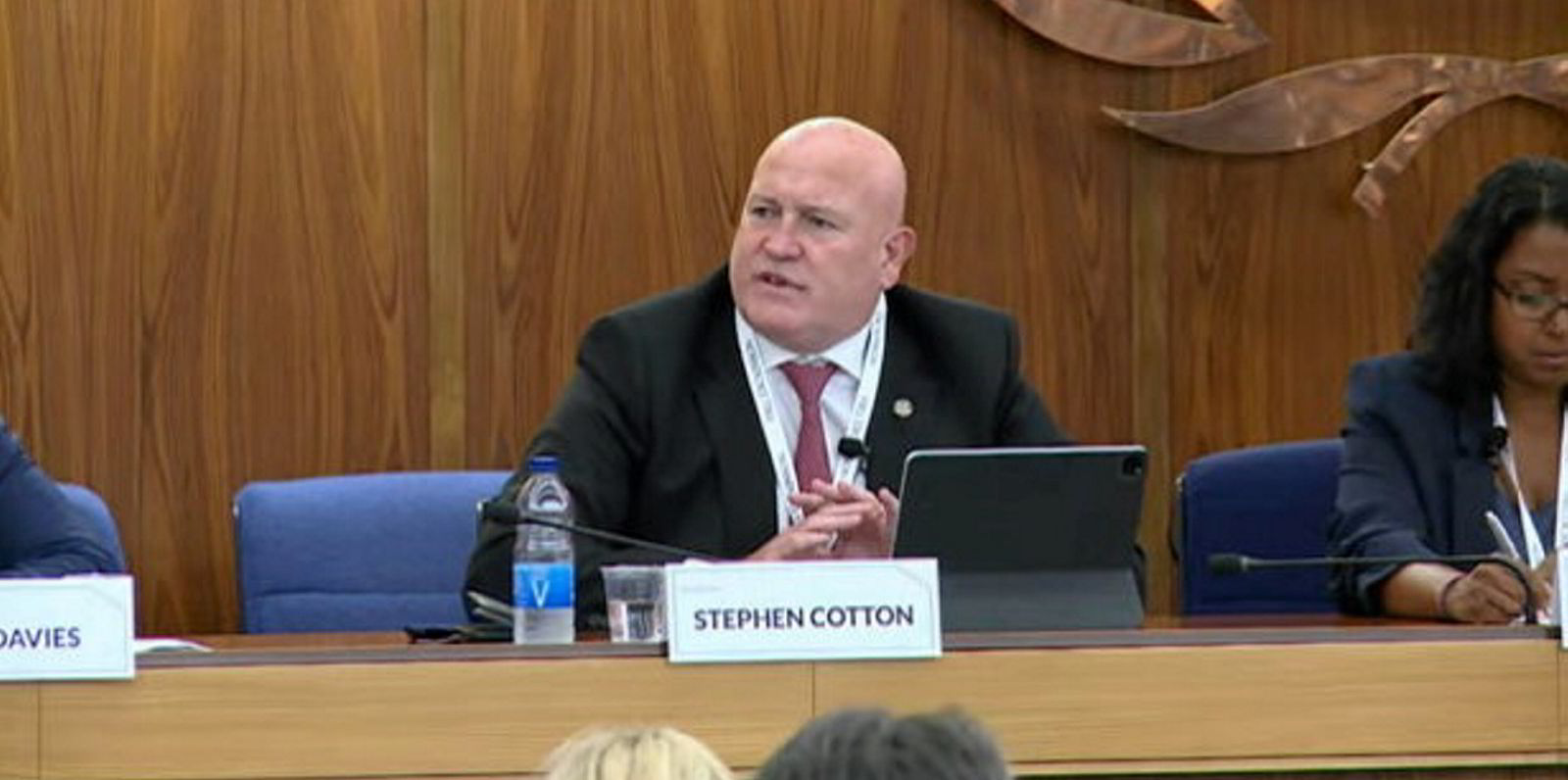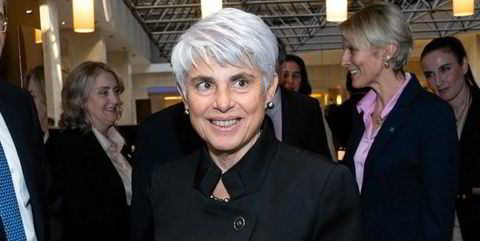Ship masters are suffering increased stress through a perceived lack of control because of the pandemic, according to shipping psychologist Charles Watkins.
The managing director of seafarer support organisation Mental Health Support Solutions said captains are operating in what one master likened to the "Wild West" in terms of disregard for rules in ports.
Officers have told Watkins that they are feeling helpless for the first time in their careers when arriving at terminals, especially in Asia — and China in particular.
"They used to have a lot of rules and regulations that gave them security and safety, but now people are ignoring those rules," Watkins told TradeWinds.
"Authorities are doing whatever they want to do. If a crew member tests positive, they have the right to take that crew member out, put them in a quarantine facility."
Captains feel they are unable to make decisions.
Watkins said there is now an ever-present "overbearing agency of infection management", and "this agency always has the last word. The captain is not able to control anything that happens when he gets to port, which is causing a lot of stress."
He said International Ship & Port Facility Security Code measures are not being followed by authorities, and gangway watches are not being provided.
One officer told Watkins the situation is "like the Wild West, it's a guess when you get into port what will happen".
The psychologist gets the sense that no one in authority cares about the rules.
For the masters, this means "everything they've learned, all the procedures that kept them confident in their job, they're no longer there", he explained.
Friction and loss of trust
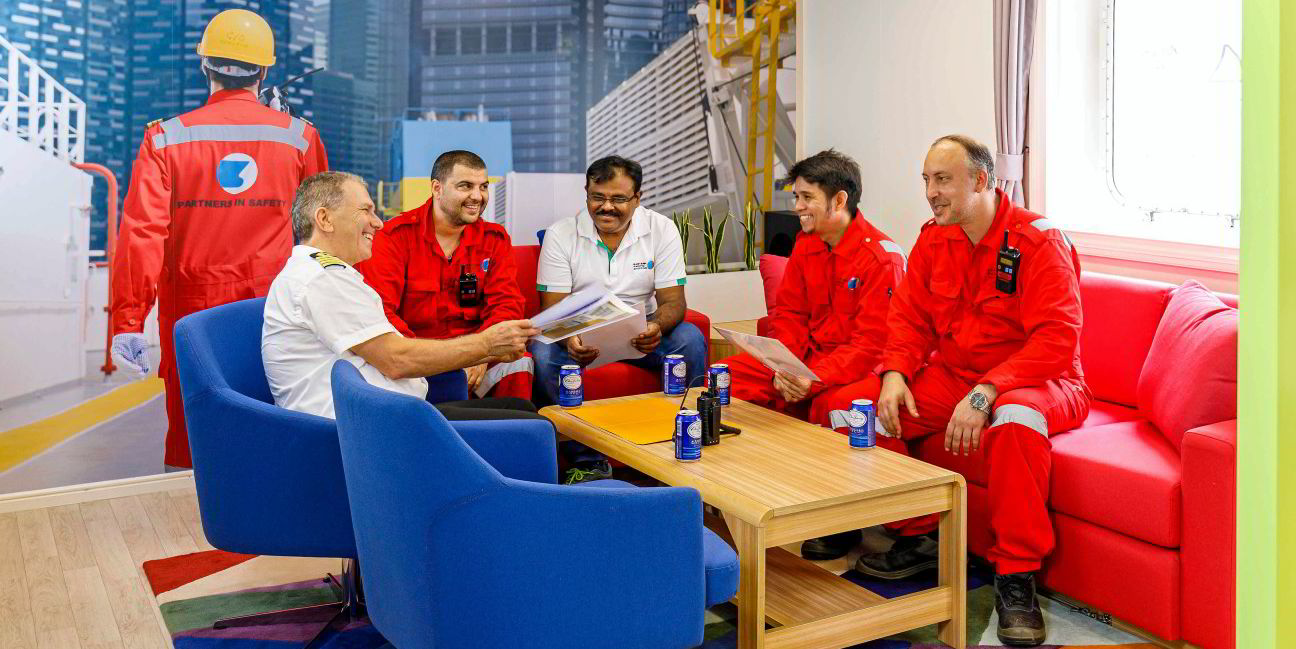
The renewed threat of the Omicron variant is exacerbating the situation.
He had noted an improvement in getting crews off vessels since the peak of the first wave last year. But the problem remains for some seafarers.
"There's still a lot of friction between shore-based staff and crew. They've lost trust," Watkins said.
This is because some seafarers see other vessels carrying out crew changes after being told there is no possibility of that happening on their ship.
"That stirs up a lot of anger. There has to be more clear communication to vessels. It's got a little bit better, but there are still people extending their contracts," he said.
Other seafarers are trying desperately to stay on board, however.
"They say: 'I need this for my family, I'd rather stay another four or five months'."
These crew members are largely those who were stuck on land in the first wave.
"One master I talked to had been running errands for older people; he was going grocery shipping, and that's how he was making money to survive because he couldn't get on a vessel," Watkins told TradeWinds.
"People are saying, 'I'll happily stay' because they don't know what will happen with the new variant.
"They are worried, and rightfully so. They just want to make sure they can financially manage."
